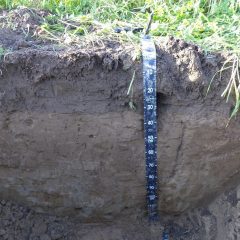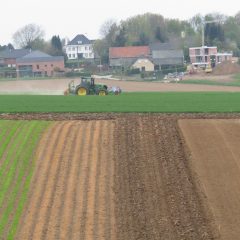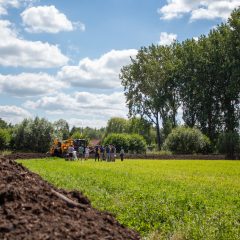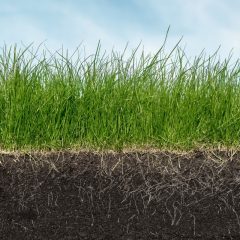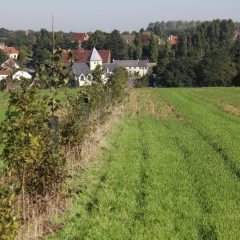Research project Climate-neutral agriculture through sustainable C farming
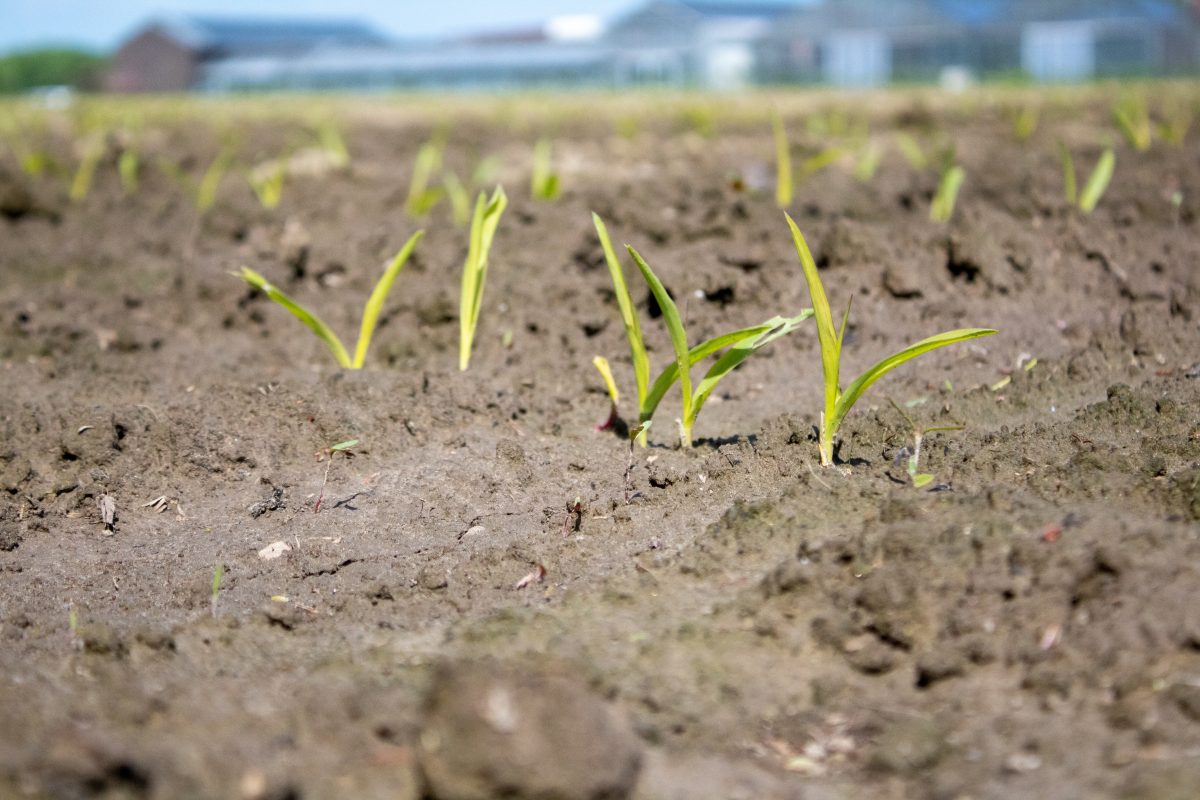
General introduction
In C-Farms various agricultural techniques that actively capture CO2 are combined on a field scale, with a focus on circular reuse of materials. The C-Farms project compares agro-based silicate weathering with biochar application and organic carbon stabilization in the soil. C-Farms strives to improve soil quality and crop yields, while actively capturing CO2 from the atmosphere. C-Farms will explore how current agricultural practices can be adapted to increase soil C sequestration while maximizing ecosystem services for society, working with relevant stakeholders.
Research approach
Based on multi-year pot tests the effect of combinations of silicate weathering and C storage via biochar on crop growth and drought resistance, carbon storage and soil properties is studied. The effect of composting on silicate weathering and compost properties is investigated in a composting experiment. Through interviews with relevant stakeholders, bottlenecks and opportunities are investigated in the application of accelerated silicate weathering and biochar.
Relevance/Valorization
Besides rapid decarbonization of all sectors, limiting global warming below 2°C will also require active removal of CO2 from the atmosphere. A number of so-called negative emission technologies (NETs) have been proposed for this purpose, including several land-based solutions using natural processes. A promising but yet poorly studied land-based NET is enhanced silicate weathering. This involves the application of ground silicate materials such as basalt and steel production residues in agriculture. When these materials weather, CO2 is sequestered for millennia. Other land-based NETs include biochar and soil organic matter addition, which increase soil organic carbon. These three soil-based NETs are currently being tested as single treatments, but could also be combined, possibly yielding synergistic effects.
Financing
FWO - Fonds Wetenschappelijk Onderzoek

